Nobel Conference 58 September 28 – 29, 2022
Mental Health (IN)Equity and Young People
Prioritizing the mental health concerns of young people has become essential amid times of global pandemic, racism, sexism, ableism, social unrest, climate change, and political upheaval. These social inequities limit our ability to promote resilience in the mental health of adolescents and young adults, especially those from marginalized communities. Young people often experience little control over their wellbeing, are affected by the decisions of parents, schools and society, and in these technology-driven times are vulnerable to the negative side effects of social media and information overload. In considering how to eradicate inequities and promote mental health, technology becomes central in how it both aids and hinders our modern existence, in the U.S. and around the world.
Nobel Conference 58 will address mental health disparities and their effects on youth, with a particular emphasis on the significance of identity, trauma and technology. All lectures and panel discussions will be live streamed and archived on the conference website.
I have discovered here in this little corner of Minnesota a place of great intellectual curiosity reaching into the future.
Science and Ethics, in Dialogue
Since 1965, the Nobel Conference has been bringing leading researchers and thinkers to Gustavus, to explore revolutionary, transformative and pressing scientific issues and the ethical questions that arise alongside them. As the only event in the United States authorized by the Nobel Foundation in Stockholm, Sweden to use this name, it is our privilege to host a space in which we can talk about big scientific questions, and the big ethical issues to which they inevitably give rise. The world needs more people who think critically about the crucial issues of our time, and who ask questions in ways that open up the conversation.
Conference Presenters
Full Schedule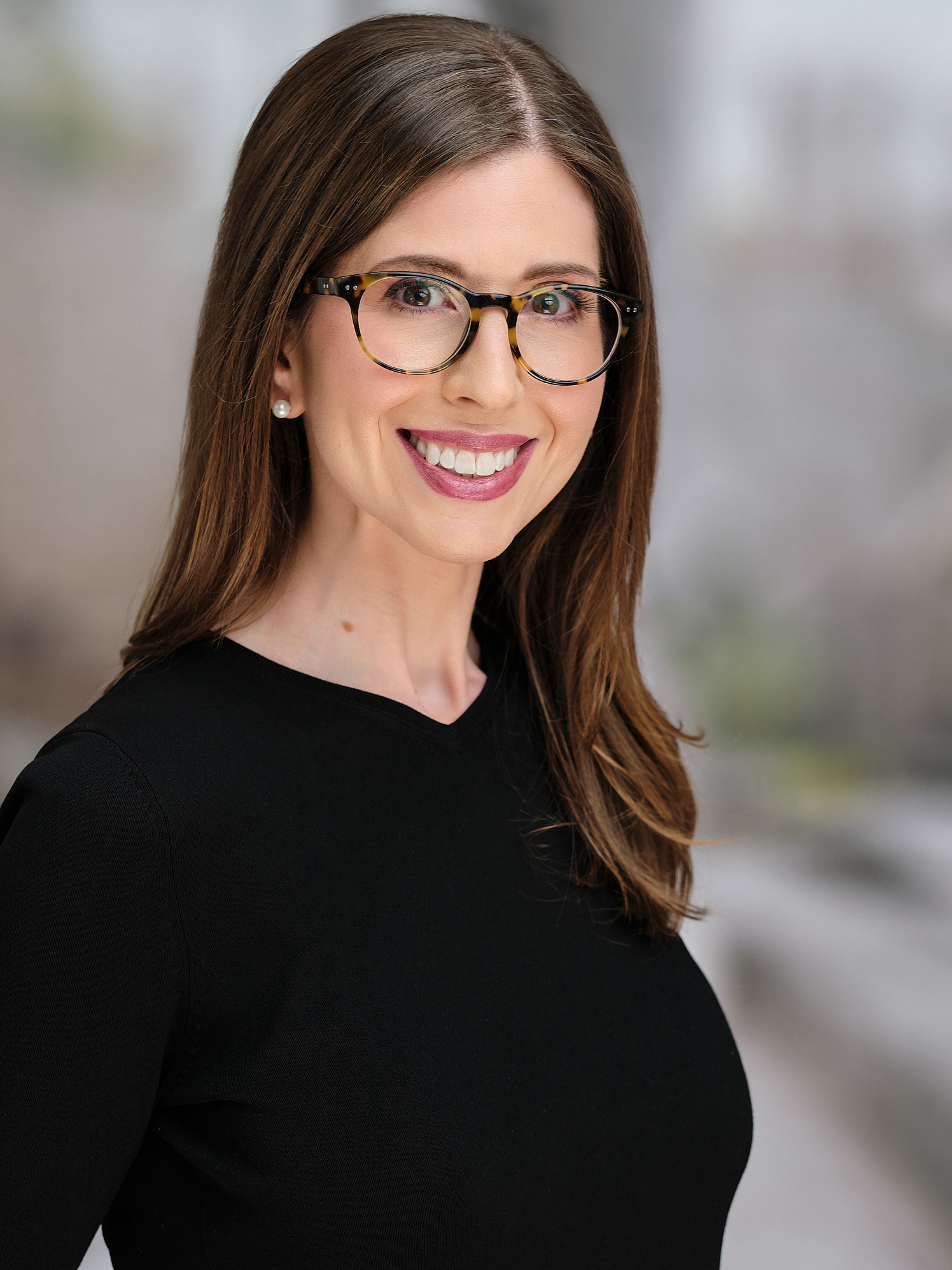
Meryl Alper
Associate Professor of Communication Studies, Northeastern University
Supporting Mental Health among Autistic Youth in the Digital Age

Manuela Barreto
Professor of Social and Organizational Psychology, University of Exeter
It takes a village to make someone lonely.
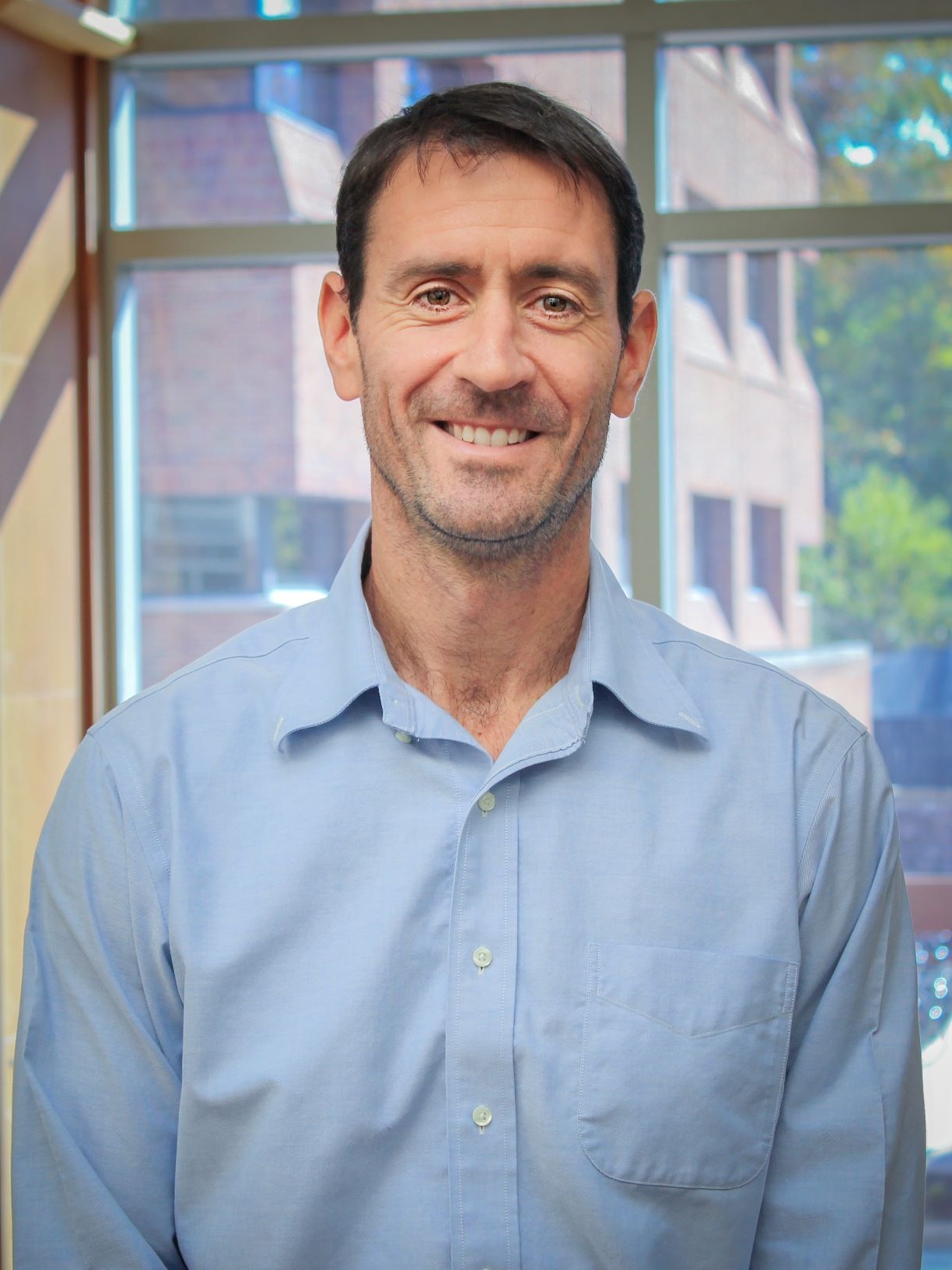
Daniel Eisenberg
Professor, Department of Health Policy and Management, UCLA
Investing in youth mental health at a population scale
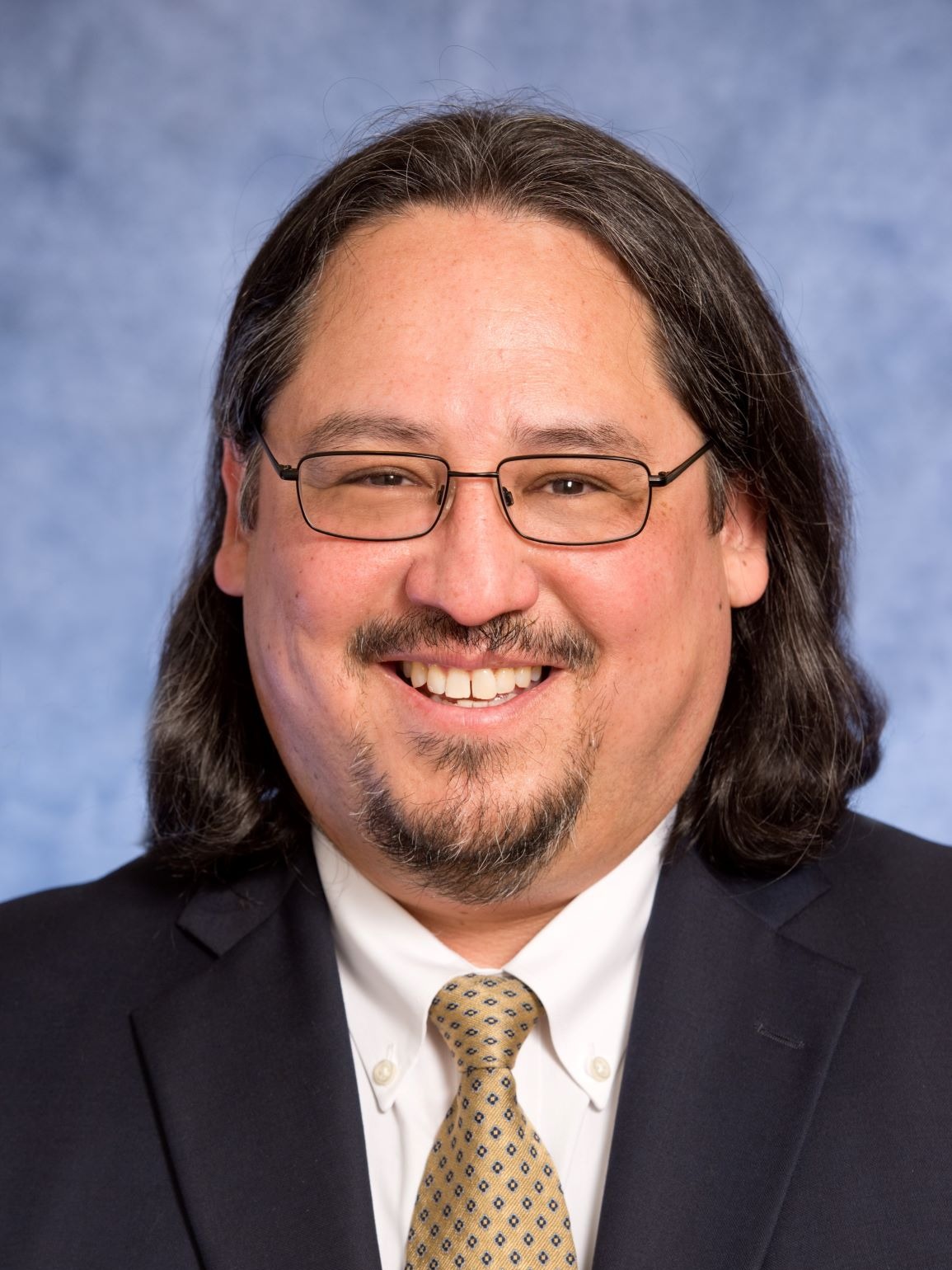
Joseph P. Gone
Professor of Anthropology and of Global Health and Social Medicine, Harvard
Anticolonial Approaches to Community Mental Health Services for American Indians: Enacting AlterNative Psy-ence
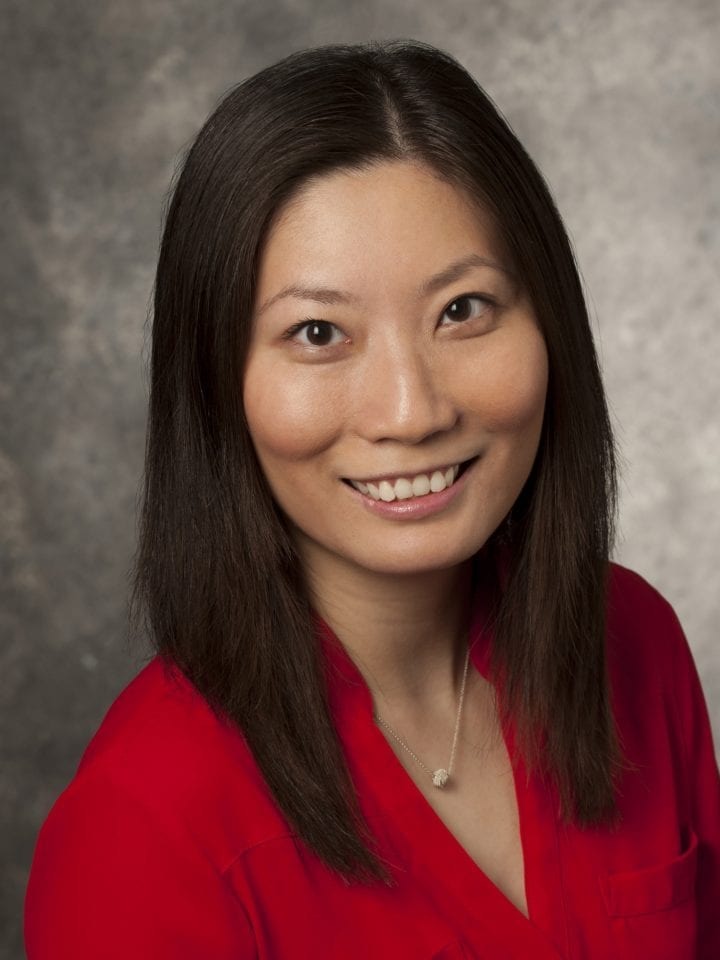
Priscilla Lui
Associate Professor of Psychology, Southern Methodist University
Scientific understanding of racism and discrimination experiences: A path toward mental health equity
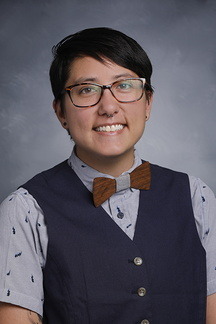
G. Nic Rider
Assistant Professor and Transgender Health Service Program Coordinator, Institute for Sexual and Gender Health, Director, National Center for Gender Spectrum Health, Department of Family Medicine and Community Health, University of Minnesota Medical School
Radical Healing and Inclusive Change-Making: Centering Transgender and Gender Diverse Communities
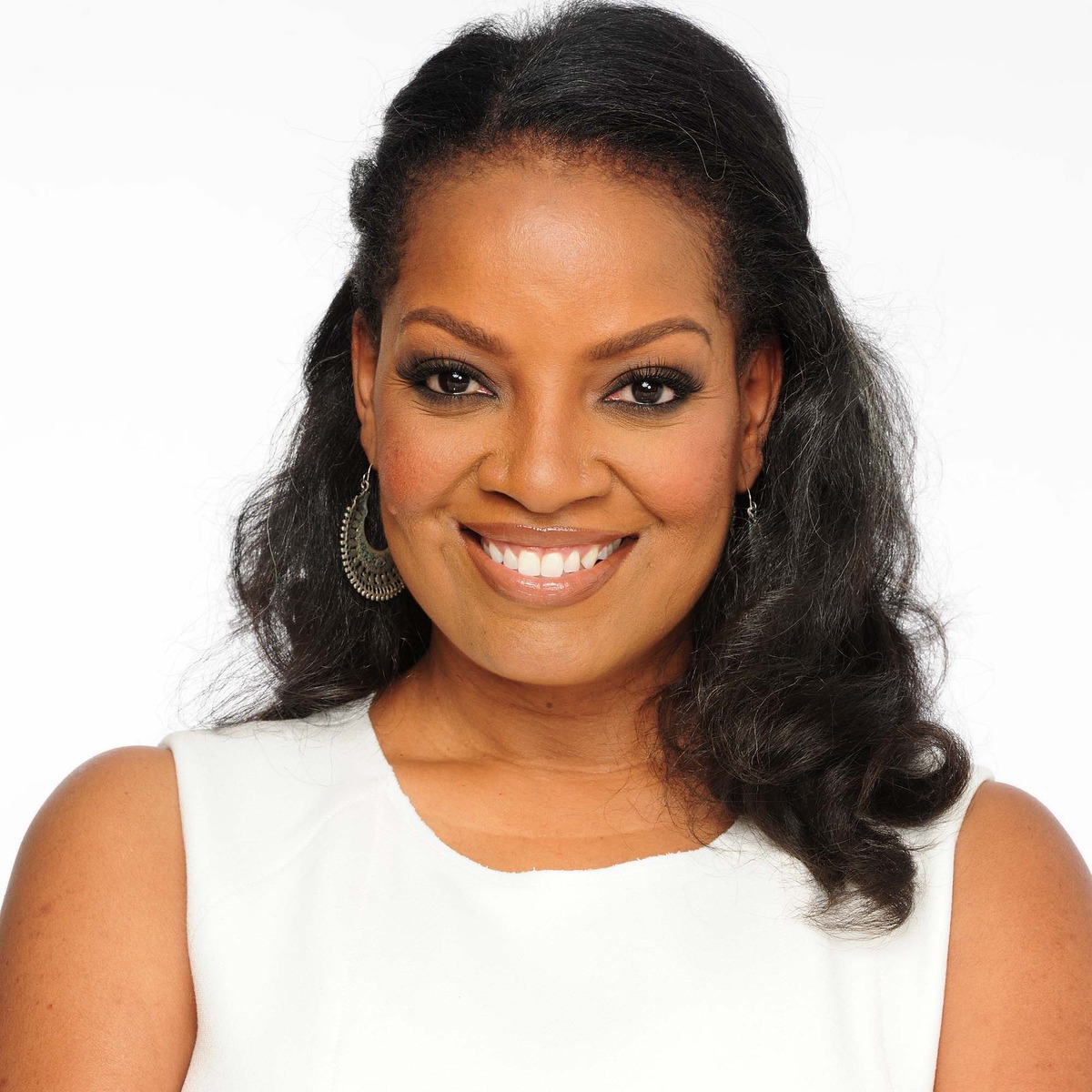
Brendesha Tynes
Dean’s Professor of Educational Equity and Professor of Education and Psychology, USC
A Day in the Online Lives of Black Adolescents and What It Tells Us About Mental Health Equity
Science and Ethics through the Arts
As a liberal arts college, Gustavus is committed to addressing questions using the full range of human inquiry activities. Each year, the Nobel Conference theme is interpreted through events including an art exhibit, a concert, and dance. The arts explore, inquire and teach about ideas in ways that lectures often cannot. Music, dance, and visual arts invite us to pause, reflect and learn, and to do so with all of our senses.
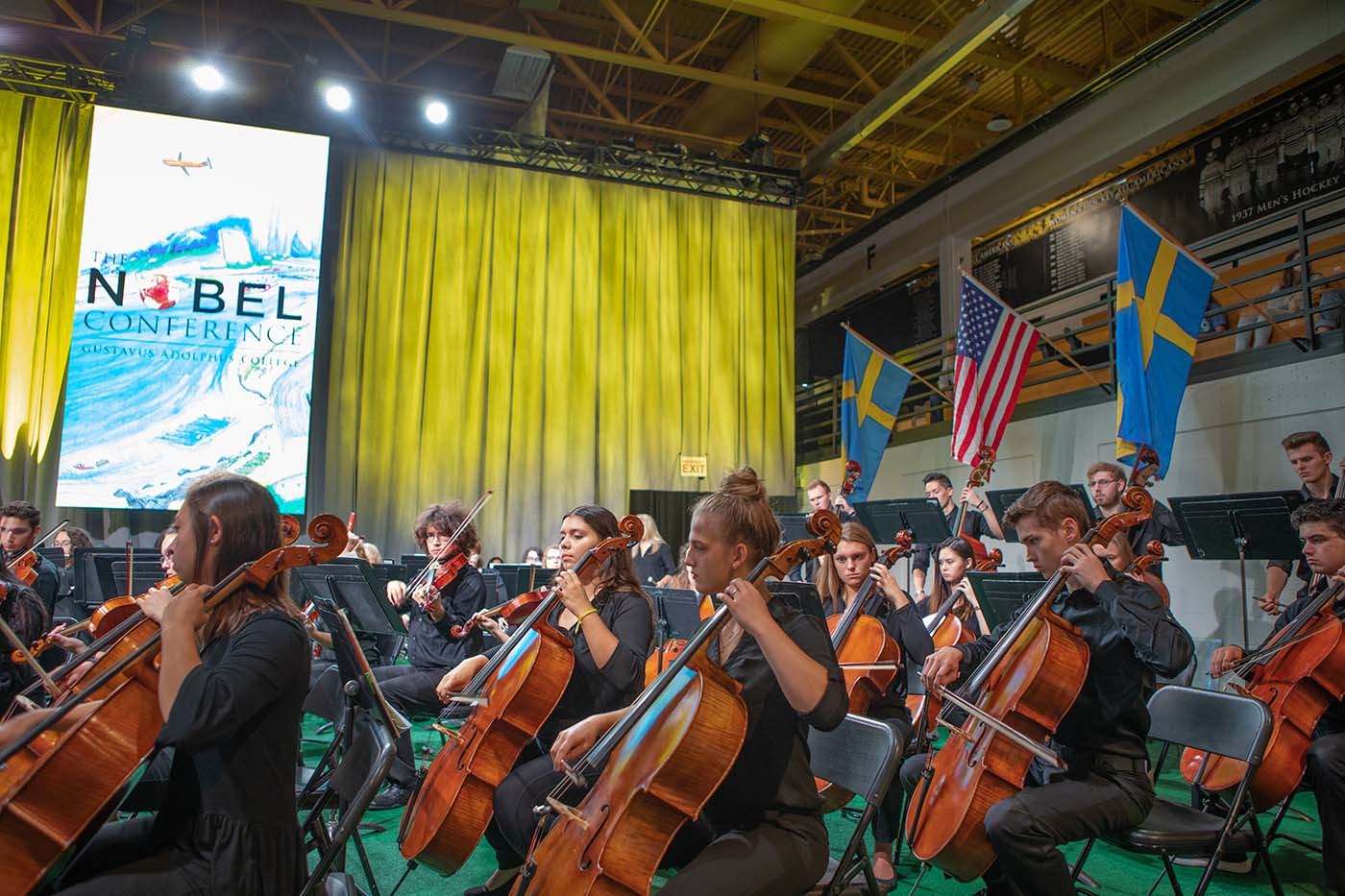
Learn
Dive in to Conference Topics
These resources will help you begin learning about the topic. You’ll find a carefully-selected collection of articles, videos and other materials, chosen for their suitability for a lay audience. Organized topically, the list has been developed in consultation with the conference presenters, who recommended selections from their own work and pieces by others to help you explore more about the conference topic.
Educators, looking for classroom resources and activities? Checkout our curated list to get you started.
ScienceWhys Podcast
When big scientific questions meet big ethical questions, the waters can get pretty choppy. Lisa Heldke, philosopher and director of the Nobel Conference at Gustavus Adolphus College, interviews scientists, researchers, scholars and thinkers about how science and ethics mingle, eddy, roil and churn in their own work. The podcast for anyone who hears about a scientific breakthrough and thinks “what are the downstream consequences of that?”

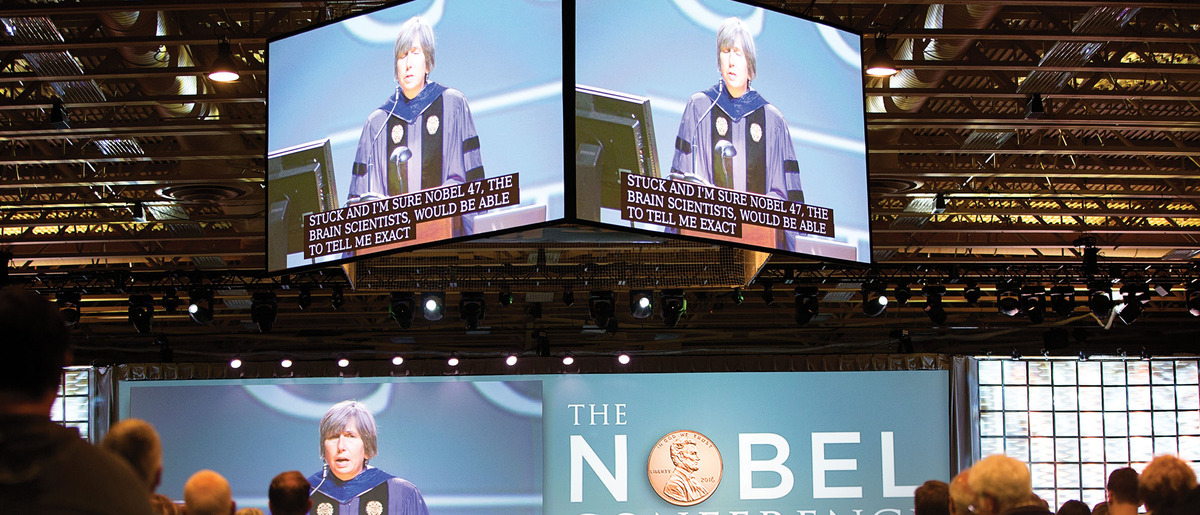
Gathering people together for deeply informed, carefully reasoned, respectful and thrilling conversations about critical issues is a gift of hope and civility to a bewildered, battered world. The Nobel Conference does this with expertise and grace.
— Dr. Kathleen Dean Moore, author of
Moral Ground and Great Tide Rising
Like our content? Share it with your friends.

Stay Involved in the Conversation
Follow the Nobel Conference on social media to keep up to date on news related to current and past conference themes.